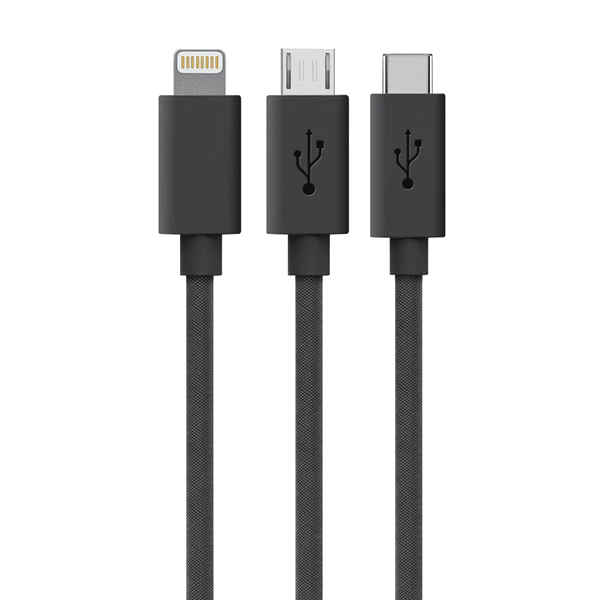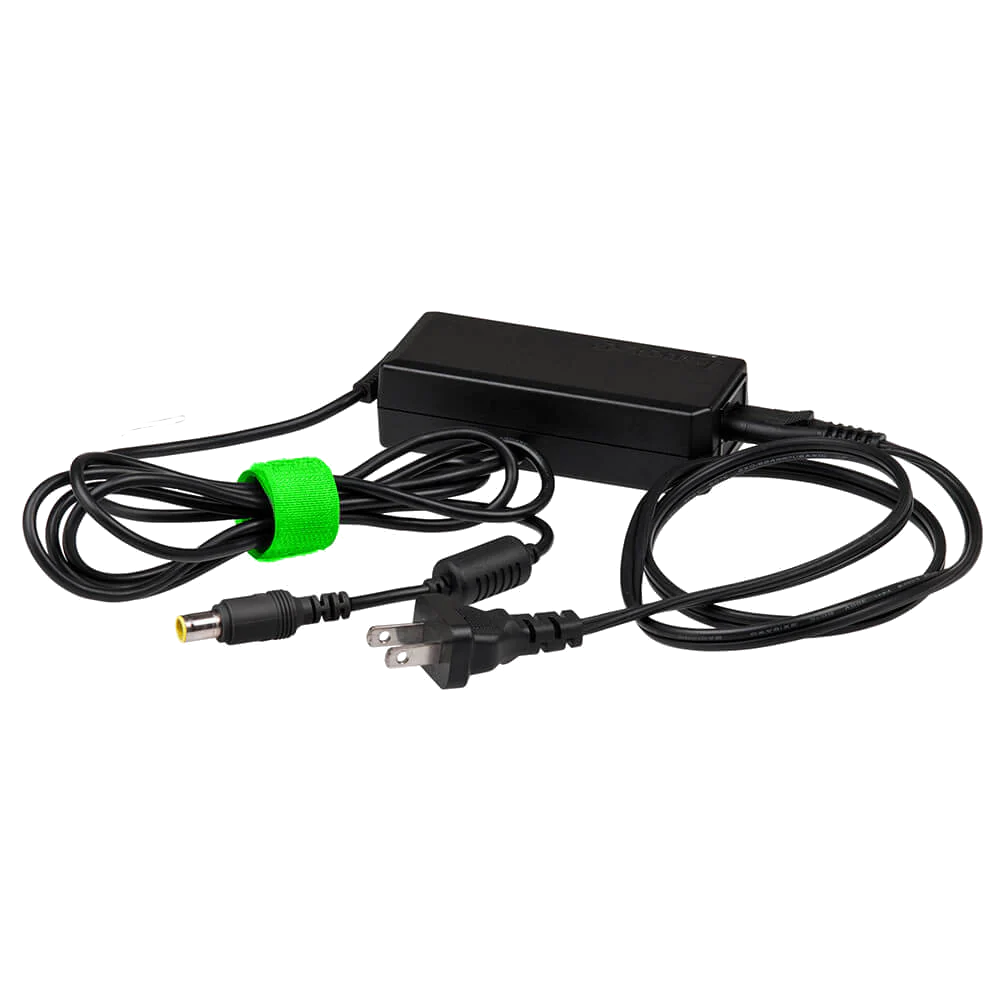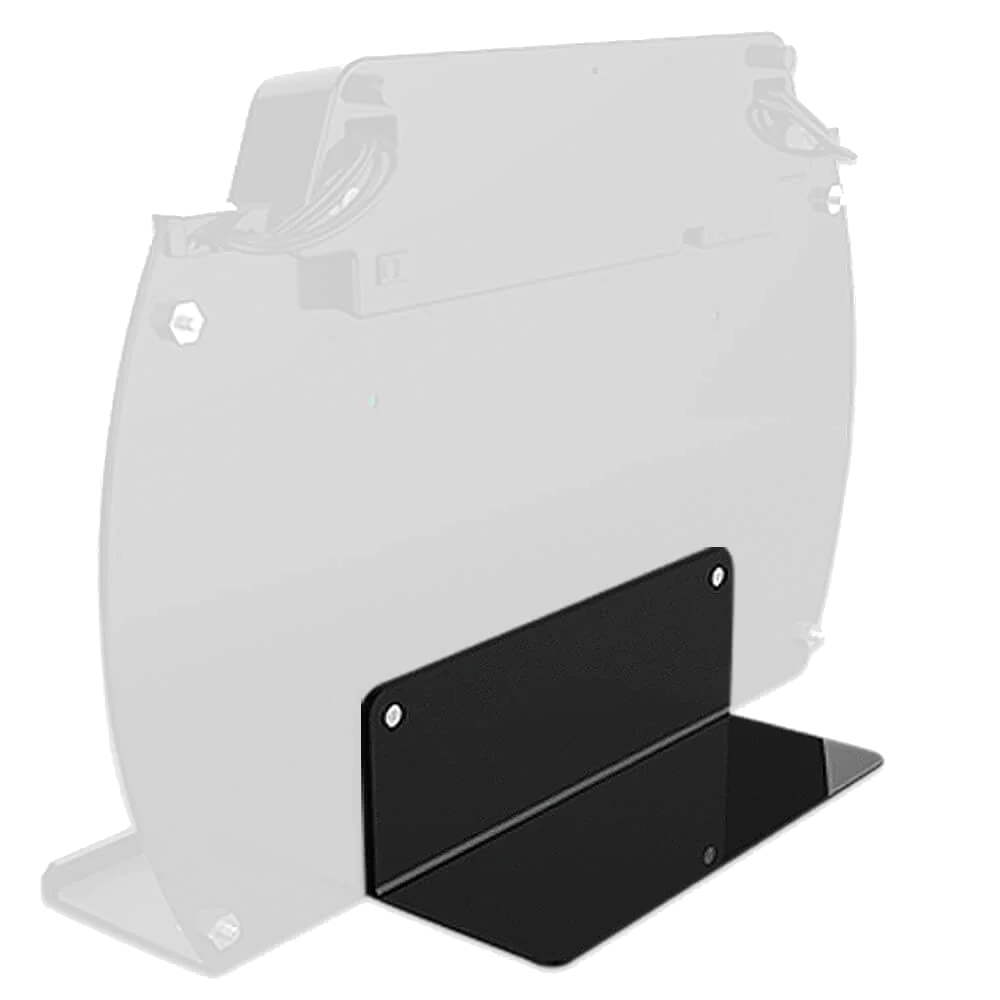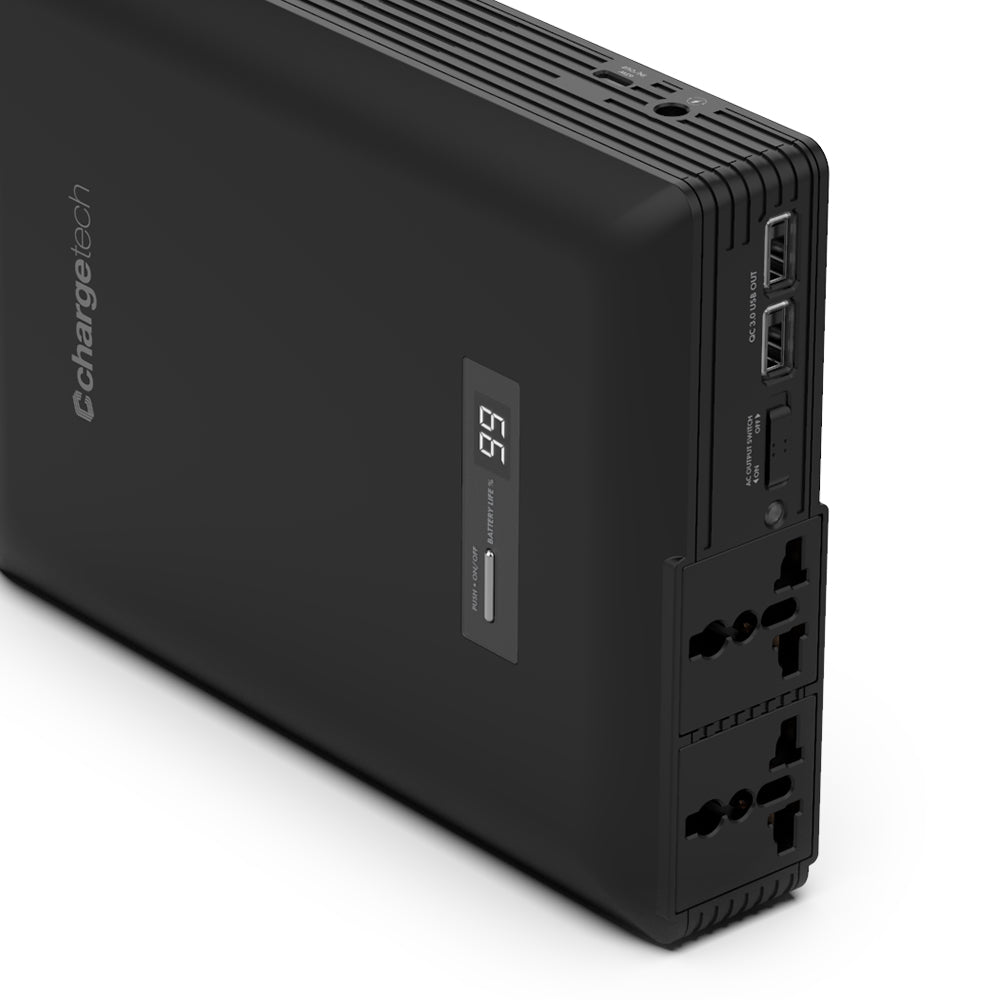In Berlin, Germany, while skiers and snowboarder’s alike whiz down the slopes, intertwining with each other’s paths, their headsets, and headphones do not. Think how exponentially dangerous it would be to have skiers and snowboarders be on their phones and listening to their ipods through tangled headphones. Now there's a new ski helmet that will help you keep in touch on the go.
 |
The Fraunhofer Institute in Berlin has developed a device that will allow skiers to use their MP3 players and smartphones without having to worry about how to keep them charged.
In cooperation with partners TEXSYS and the Technical University in Berlin, they have invented a solar helmet that harnesses the rays of the sun to power these now-essential gadgets.
Their helmet encompasses a revolutionary curved solar cell on its top surface and incorporates a headphone and microphone, which can be linked wirelessly to portable devices.
There is a large organic LED light) display and simple buttons allow users to adjust volume or take incoming calls, without having to take off the glove in freezing temperatures.
This device can also be used for GPS purposes which can come in handy for mountain-rescue teams.
And the cells could be fitted into other types of helmets, for example, those worn by motorcyclists or fire fighter.
It even works when it’s cloudy. This big solar cell produces a lot of energy. When the sun shines directly on it, it has more energy than all these applications require. So if it’s cloudy or snows, it still functions well.
That means that on sunny days, once the skiing is done, there is so much energy left in the helmet that it can still be used to charge phones and MP3 players back home.
The Fraunhofer Institute and its partners have already come up with a prototype and plan to release the first commercial product by the end of the year.
It won’t be cheap, with the first helmets expected to retail at around 300 euros ($400). But you can’t put a price on a charged-up phone.




